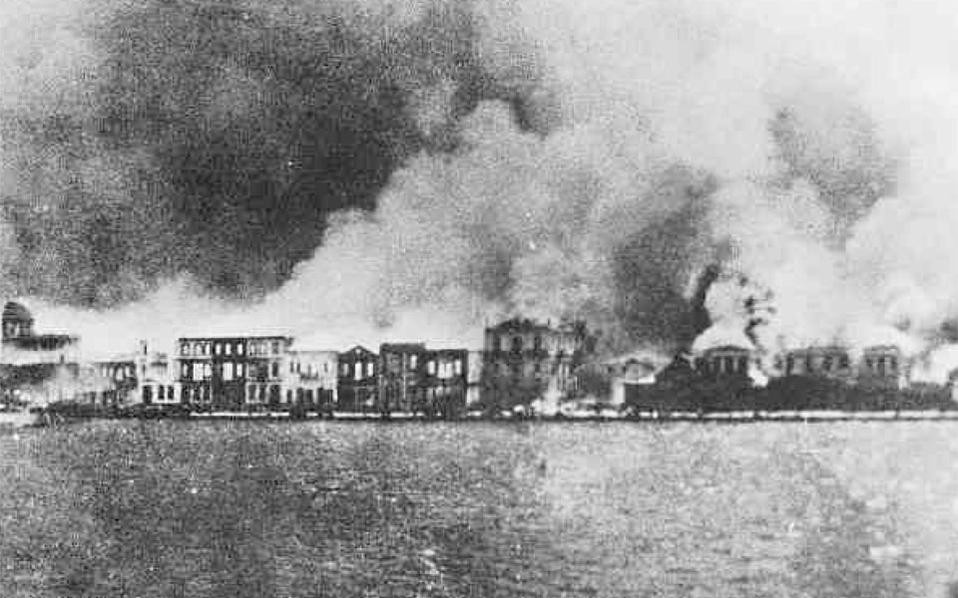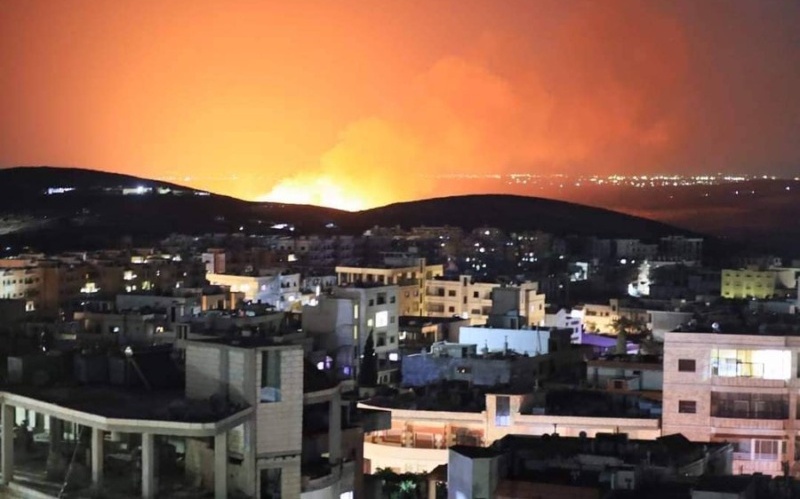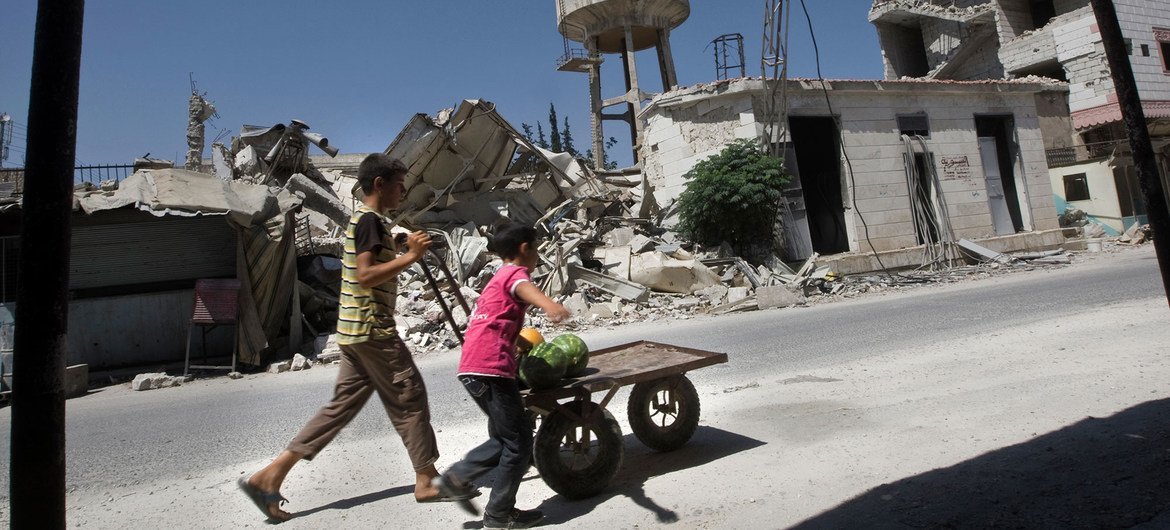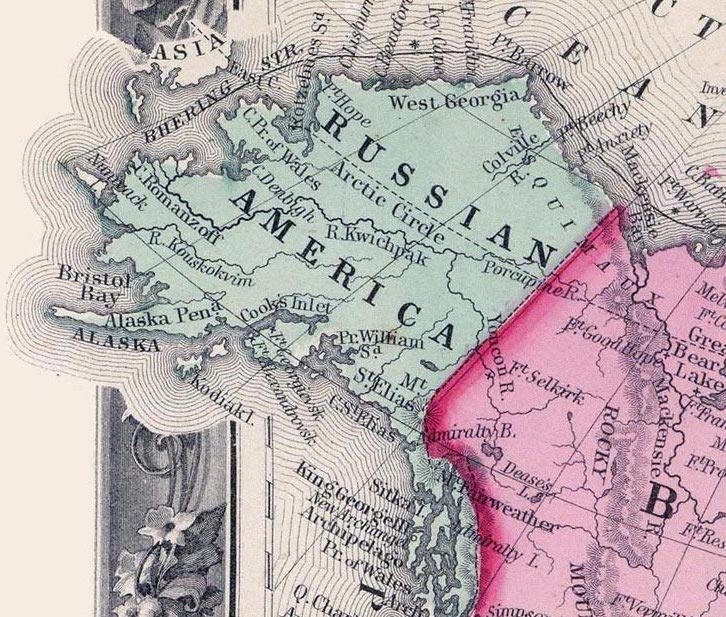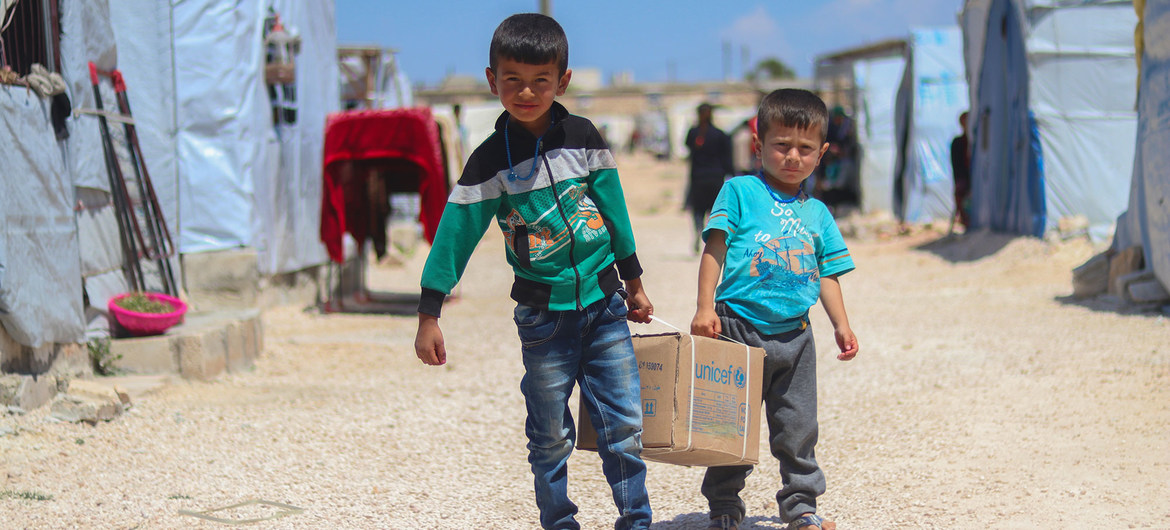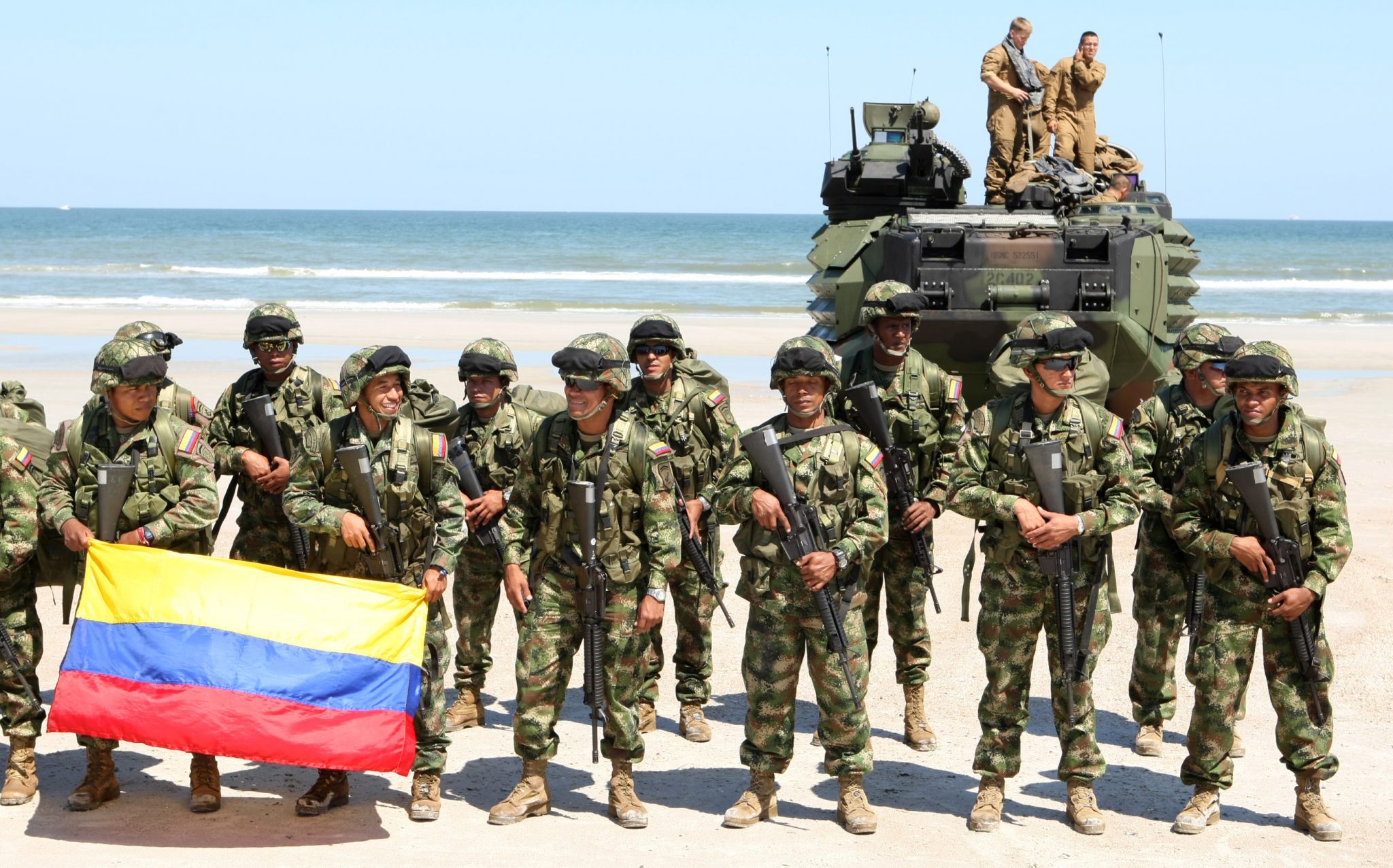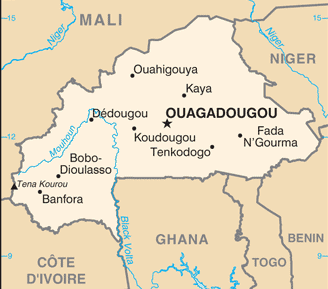
Burkina Faso coup a France-Russia pivot?
Army captain Ibrahim Traoré has been officially appointed president of Burkina Faso after ousting Paul-Henri Damiba, who had himself taken power in a January coup. A two-day standoff in Ouagadougou came to an end as religious and community leaders mediated Damiba’s resignation. Damiba had promised to stem rising attacks by jihadist groups when he took charge, but violence only worsened under his watch and frustration mounted within the army. Tensions also built around Damiba’s perceived closeness to France—the country’s former colonial ruler—and reluctance to pivot towards Russia (as the junta in neighboring Mali has). Supporters of Traoré initially claimed Damiba was plotting a counter-coup to return to power from a French military base. France denied this, but the charge appeared to galvanize support for the new leader and led to protests outside the French embassy. Traoré has said he won’t stay in power for long, but much remains uncertain—including whether there will be peace talks with the jihadists. (Map: Perry-Castañeda Library)



